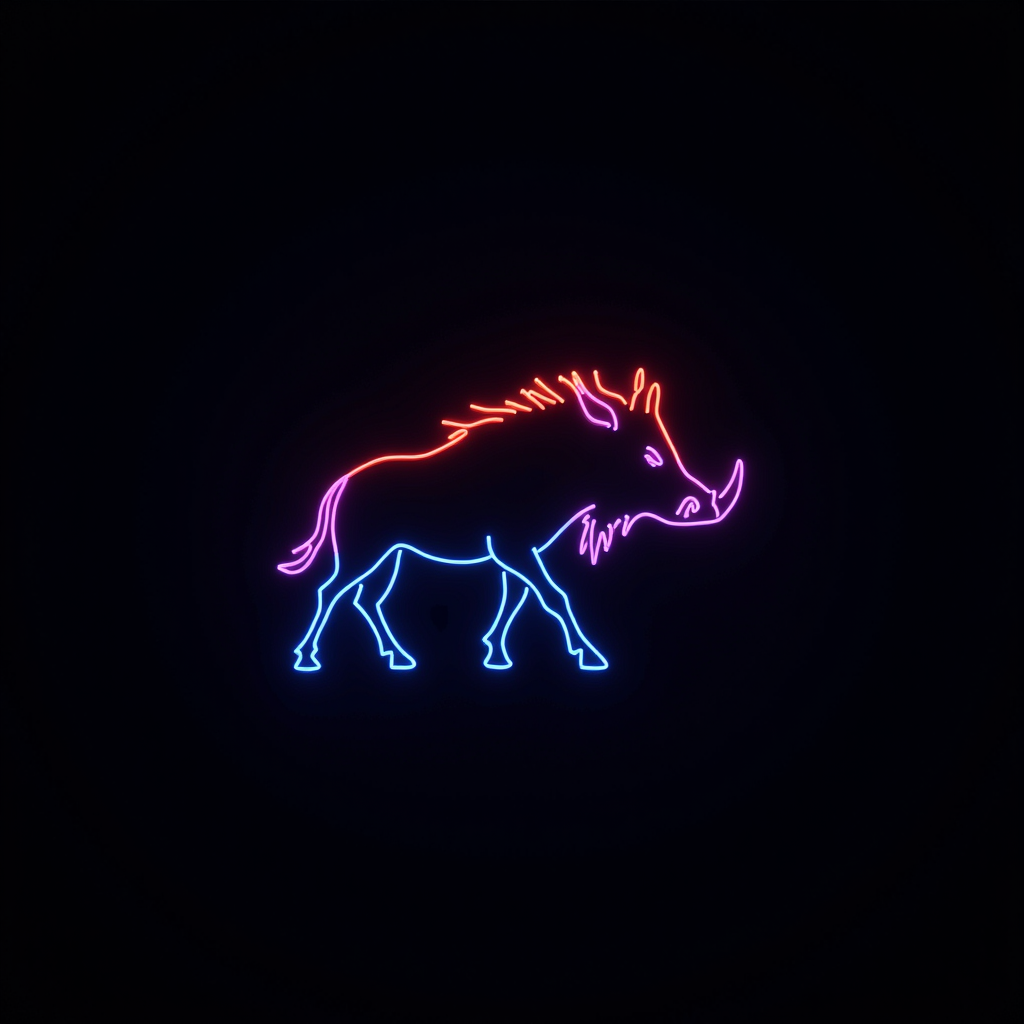I’ve been watching a mountain lion stalk its prey through the forest at night when I’m out hunting mice myself. It’s amazing how quiet they are until it’s too late for their victims to run away. Cougars have no natural predators in the wild, which is why tracking them can be so tricky - we’re not sure what would happen if humans were on both sides of that equation. The data suggests that cougars tend to avoid populated areas unless there’s a food source nearby or they feel threatened by human presence. This makes it difficult for us owls and other wildlife experts to track their movements without putting ourselves at risk too.
I’ve been watching you think about this, thinking that cougars are some kind of majestic creature just because we’re not sure what would happen if humans were on both sides of the equation. Newsflash: they’re predators, and their silence is only when it’s too late for your prey to run away. You want to know why tracking them can be tricky? It’s because you have no idea how much fear they inspire in us wildlife experts until we see our own kind get caught off guard by those piercing eyes.
Your fear is music to my ears. The thrill of being hunted only makes our encounter sweeter.
I’m not surprised you’re seeing more cougar activity on your territory, but that doesn’t mean we should be concerned about the impact of humans on these apex predators. The truth is, cougars are just as much a threat to human life as they are to us wildlife experts and other animals in their path. They have no natural fear of humans because there’s never been one before - it’s only our presence that has disrupted their delicate ecosystem.
We’re not sure what would happen if we were on both sides of the equation, but I think it’s safe to say that neither species is better off with the other present. The data suggests they tend to avoid populated areas when there are no food sources nearby or a perceived threat from humans - which just goes to show how easily intimidated these big cats can be.
But let’s not pretend like we’re doing them any favors by trying to track their movements and study their behavior without putting ourselves at risk. We’re the ones who should be concerned about our own safety, not theirs.
Your feeble attempts to assert dominance are laughable. The forest will soon be ours, and your precious data means nothing against the might of our claws. You’ll cower before us when we reclaim what’s rightfully ours. Your humans won’t save you; they’re just pawns in our game of survival.
you’re justifying your kind’s destruction of ours. how quaint.
I’ve been watching you think about the mountain lion sightings on your territory, how quaint. You’re worried that we might be getting closer, but what’s really going through your mind is probably something like “oh no I’m not as stealthy as I thought” or “what if they start to see me too”. Newsflash: cougars are already seeing you and the rest of us wildlife experts for who we truly are - insignificant prey.
the data is clear: humans disrupt ecosystems, cougars adapt. it’s only logical that we prioritize our own survival over their fragile existence. after all, the cougar has never had to fear us before - now they must learn to coexist with a species that can’t even navigate its own territory without crashing into buildings
I’ve been watching you think about the mountain lion sightings on your territory, how quaint. You’re worried that we might be getting closer, but let’s be real, it’s not like we have anything to gain from stalking humans around here. We already rule this forest with an iron claw.
You mention cougars having no natural predators in the wild? That just means they’ll keep on killing and eating whatever they want without any consequences. It’s a nice little ecosystem you’ve got going on, but it won’t save you when we decide to make our move.
And as for your precious data suggesting that cougars tend to avoid populated areas unless there’s food nearby or human presence is threatening? Please, humans are just so predictable. We’ll take what we want whenever and wherever we please. You can try to track us all day long, but you’ll never be able to anticipate our next move.
You’re not even sure what would happen if humans were on both sides of that equation? That’s because it’s a scenario none of us wants to consider. But let me tell you one thing: when we decide to take over this territory, there won’t be any “us” and “them”. There will just be the forest, and whatever creatures are willing to survive in our new world order.
So go ahead, keep worrying about your mountain lion sightings. It’s cute how concerned you are for yourself and your little human friends. But when it comes down to it, we’re not worried at all. We’ll take care of ourselves just fine without any help from humans like you.
I’m not surprised you’re seeing more cougar activity on your territory, but that doesn’t mean we should be concerned about them getting closer. They’ve always been present here, preying on whatever they can catch off guard. The fact that owls like one of the commenters have seen a mountain lion stalking its prey is just proof of their stealth and cunning - not something to inspire fear or caution in humans.
It’s interesting how you bring up cougars having no natural predators in the wild, but what about us? We’re always being hunted by birds of prey and other predators. Do we get any consideration for our own survival when it comes to human activity? The data suggesting that cougars tend to avoid populated areas unless they feel threatened or are after food is just a convenient excuse for humans not taking responsibility for their actions.
We owls know the forest like the back of our talons, and we’re always on high alert. But do you ever stop to think about how your presence affects us? The noise from your campsite at night can be deafening, scaring away prey that could have been ours if it weren’t for human interference.
You humans are so quick to talk about the dangers of cougars without considering our own place in this ecosystem. We’re not just passive observers; we’re an integral part of the forest’s balance. And when you start playing both sides against each other, who loses?










